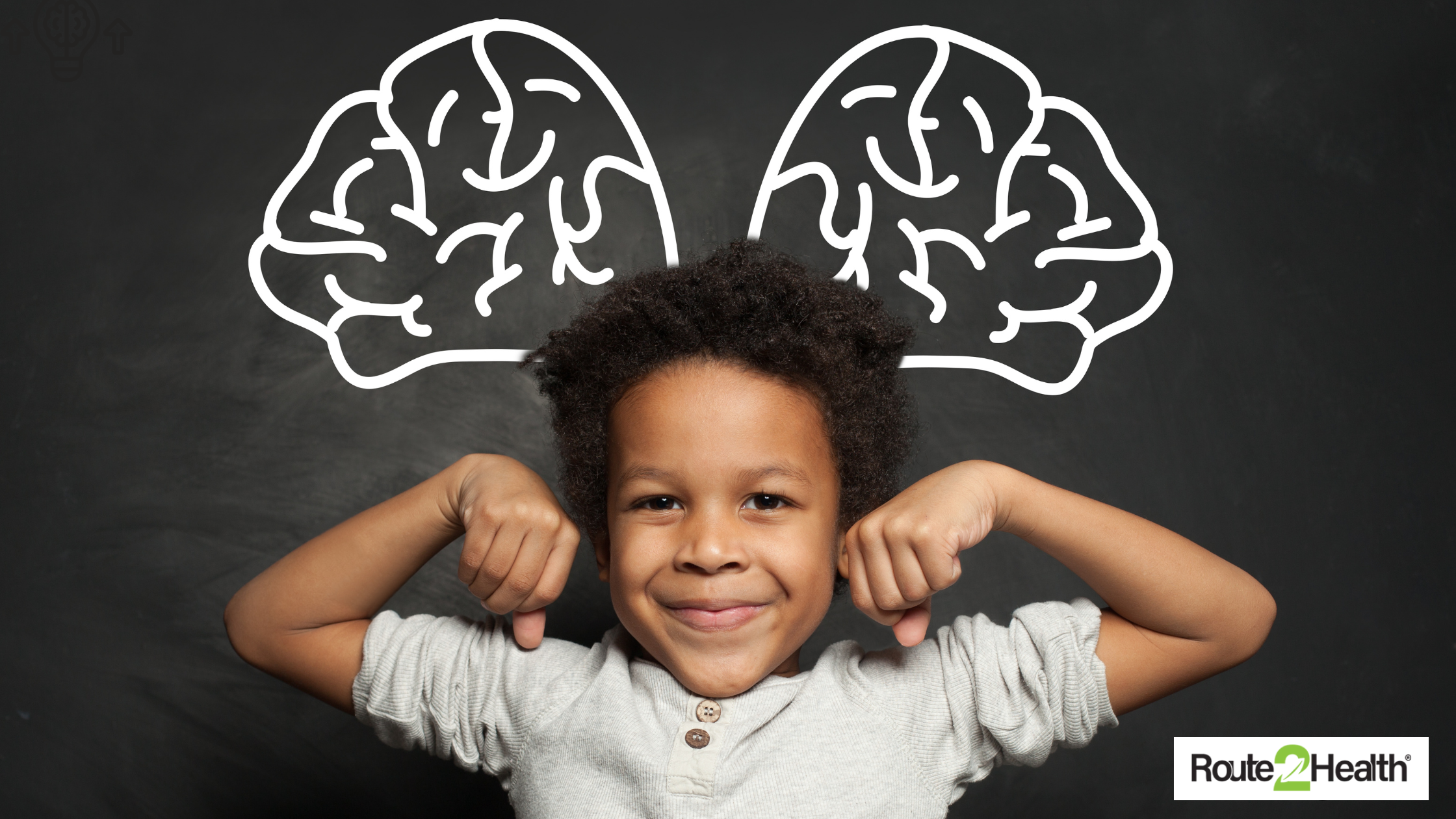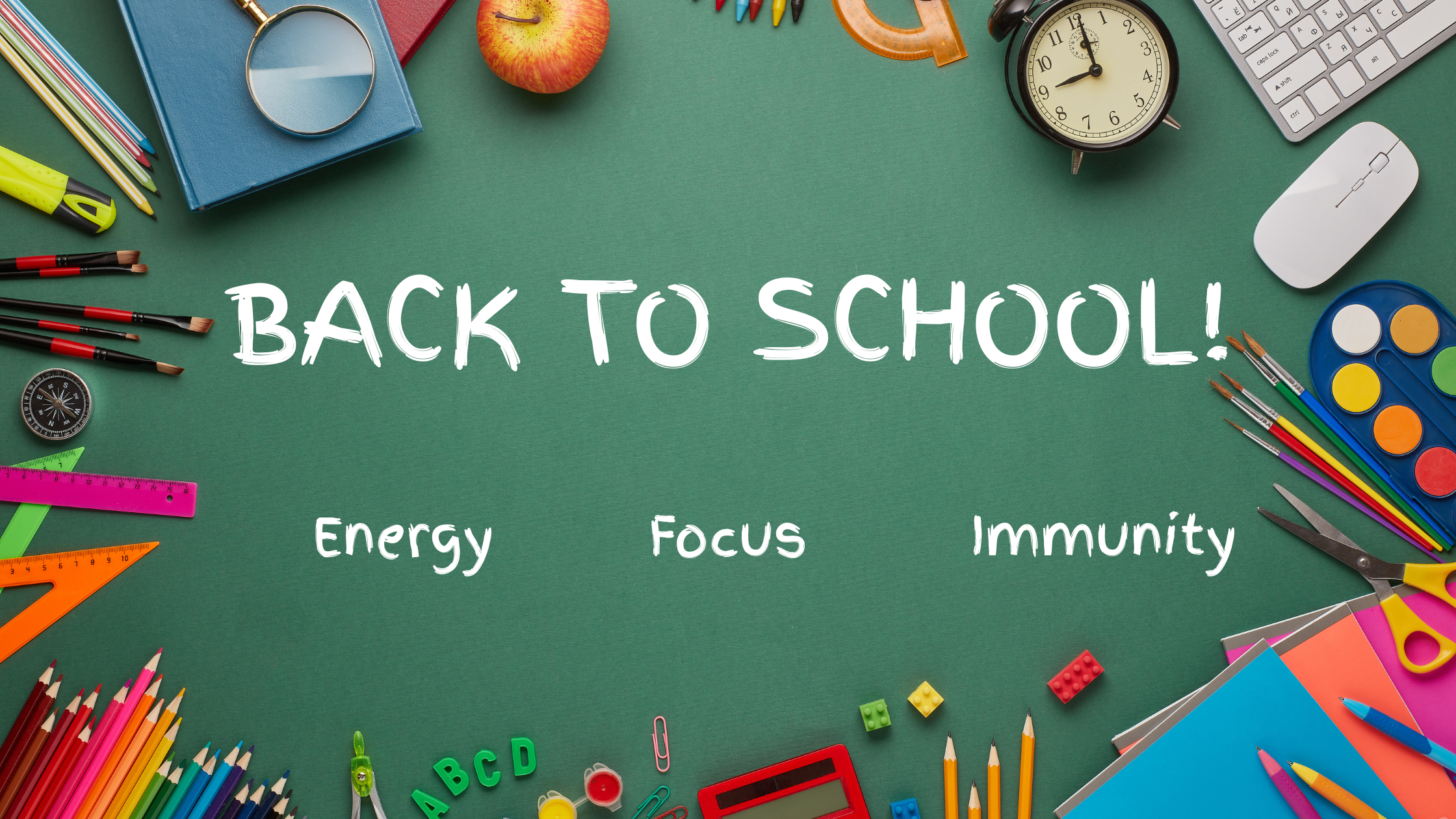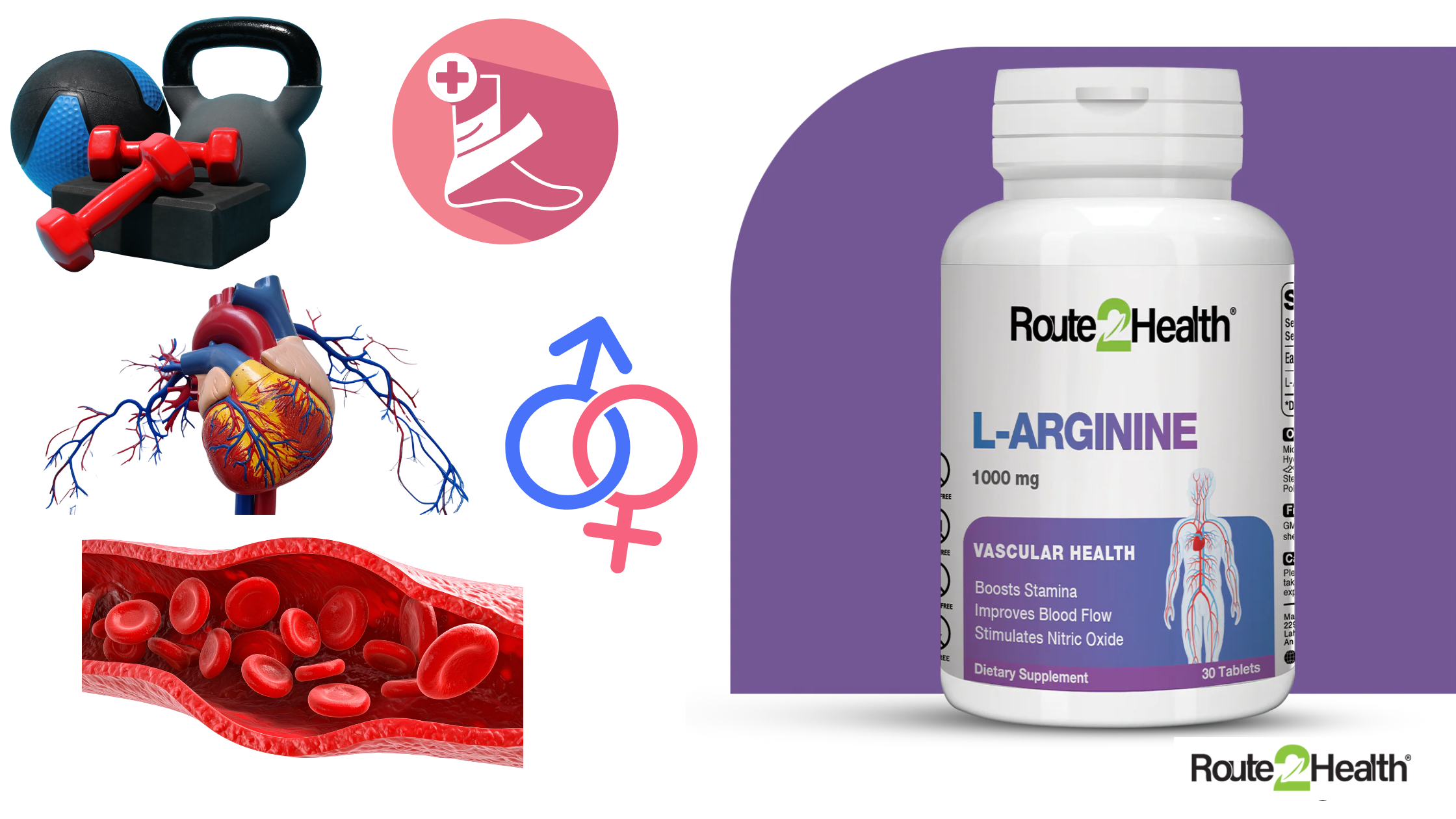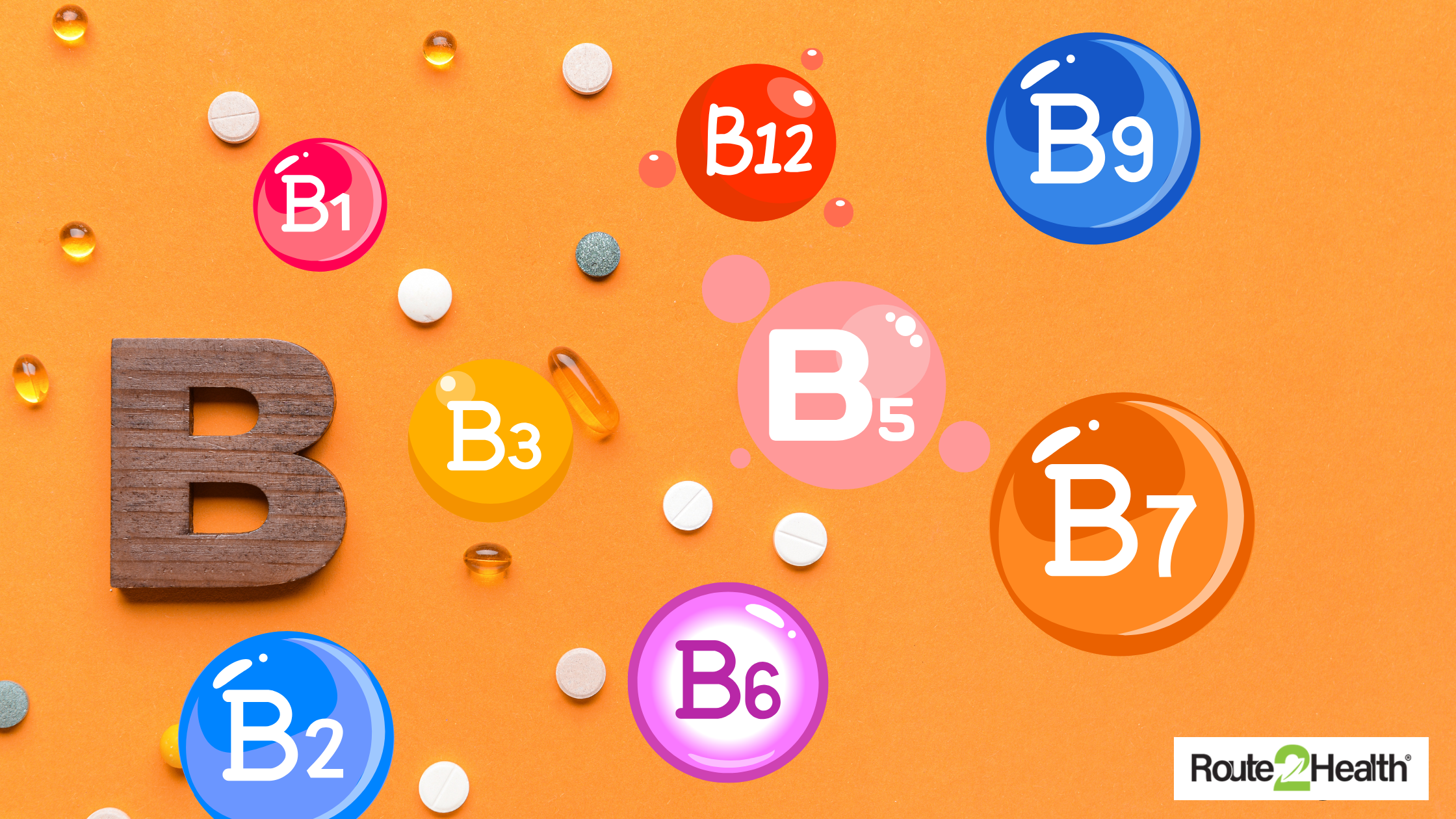
Boost Your Child’s Memory and Concentration: 7 Proven Strategies for Sharper Learning
It’s that time again—new pencils sharpened, school shoes polished, and lunch boxes packed with care. Yet, while every parent prepares their child for back-to-school success, one area is often overlooked: their memory and concentration. Imagine your child sitting through a maths lesson but drifting into daydreams, or forgetting yesterday’s spelling words. Sound familiar? The good news is, memory and concentration can be strengthened just like muscles. With the right strategies, you can help your child develop sharper focus and a stronger memory—skills that will serve them in the classroom and beyond.
Why Healthy Brain Function Matters Early On
The brain undergoes rapid growth in childhood. By the age of six, it reaches about 90% of its adult size, and neural connections for memory, reasoning, and attention are firing at an extraordinary rate. This means that what children eat, how they sleep, how active they are, and the routines they follow all play a direct role in shaping the architecture of their developing brains.
Research shows that children with healthier lifestyles—balanced nutrition, good sleep, and regular physical and mental activity—perform better academically and show stronger problem-solving and memory skills. Supporting these areas during school years builds lifelong resilience against cognitive decline and even lowers dementia risk later in life.
Seven Proven Tips to Improve Memory and Concentration in Children
Here are seven specific, research-backed strategies—not just dietary, but lifestyle-based—that parents can introduce to help children concentrate better and retain information effectively.
1. Prioritise Consistent Sleep Routines
Ensure your child gets 9–11 hours of sleep each night (school-age children). Keep bedtime and wake-up times consistent—even at weekends.
During sleep, the brain consolidates memories. Deep slow-wave sleep strengthens newly learned information and transfers it from short-term to long-term storage. Lack of sleep weakens focus, slows problem-solving, and leads to forgetfulness.
Make sure to create a wind-down routine with dim lights, storytime, and no screens for one hour before bed.
2. Encourage Daily Physical Activity
Aim for at least 60 minutes of active play—cycling, swimming, dancing, or even a brisk walk. Exercise increases blood flow and oxygen delivery to the brain, stimulates the growth of new neurons in the hippocampus (the memory hub), and improves attention span.
Turn exercise into fun—family football matches, dance-offs, or skipping competitions work brilliantly.
3. Use Memory-Boosting Games and Play
Set aside 15 minutes daily for a family brain game session.. Introduce games like puzzles, chess, memory card games, or even word games such as “I Spy.”
Cognitive games strengthen working memory, processing speed, and problem-solving skills. Studies show that children engaged in memory-based play show measurable improvements in school performance.

4. Teach Mindfulness and Breathing Exercises
Guide your child through short breathing techniques or mindfulness activities—such as focusing on their breath for two minutes.
Mindfulness helps children train their attention and reduces “mental clutter.” Research shows regular practice improves working memory and academic performance.
Try a simple “balloon breath”—ask your child to imagine inflating their belly like a balloon as they inhale, then deflating it as they exhale.
5. Fuel the Brain with Omega-3 and Iron-Rich Foods
Serve your kids salmon, tuna, or sardines once a week; add spinach, lentils, or fortified cereals regularly.
Omega-3 fatty acids (especially DHA) strengthen neural membranes, while iron is essential for oxygen delivery to the brain. Children deficient in either nutrient are more likely to struggle with attention and memory (Cohen Kadosh et al., 2021).
For picky eaters, blend spinach into smoothies or offer omega-3 fortified eggs.
6. Create a Study Environment Free from Digital Distractions
Establish a homework zone free of mobile phones, TV, and unnecessary gadgets. Multitasking with screens overwhelms the brain’s working memory. Research shows students perform worse on memory tasks when distracted by devices, even if they are not actively using them.
Use the “20-minute focus rule”—set a timer for 20 minutes of focused work, followed by a short 5-minute break.

7. Support Brain Health with Cogniza
With paediatric guidance, consider Cogniza by Route2Health, a natural brain tonic containing Ginkgo biloba and ashwagandha in Pakistan.
Why it works:
- Ginkgo biloba improves cerebral blood flow and has been shown to enhance working memory and attention span in young volunteers.
- Ashwagandha reduces stress hormones and supports synaptic plasticity, contributing to sharper memory and focus.
Use only as recommended by a healthcare professional. Cogniza can complement, not replace, a healthy lifestyle.
Conclusion
Memory and concentration are not fixed traits—they can be nurtured through consistent sleep, daily movement, mindful play, targeted nutrition, and supplements like Cogniza by Route2Health. By reducing distractions and encouraging routines, you create the right environment for your child’s brain to flourish. These habits not only improve school performance today but also build the foundations for lifelong cognitive health. With a little effort, your child can step into the classroom not only prepared but confident, focused, and ready to shine.
FAQs
1. How many hours of sleep does my child need for good concentration?
School-age children need about 9–11 hours of sleep each night for optimal brain function.
2. Does exercise really improve memory in kids?
Yes. Exercise stimulates blood flow and new brain cell growth in the hippocampus, boosting memory and attention.
3. Is Cogniza safe for children?
Cogniza contains herbal extracts. Always consult a paediatrician before use to determine safety and dosage for your child.
4. Can screen time affect my child’s memory?
Yes. Excessive screen time and multitasking disrupt focus and memory consolidation. Structured breaks and screen-free study time help.
5. What foods best support memory in children?
Foods rich in omega-3 (fish, walnuts), iron (spinach, lentils), and choline (eggs) play a proven role in supporting memory and focus.























































